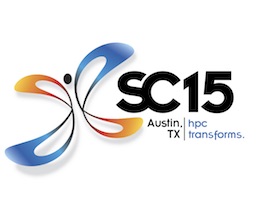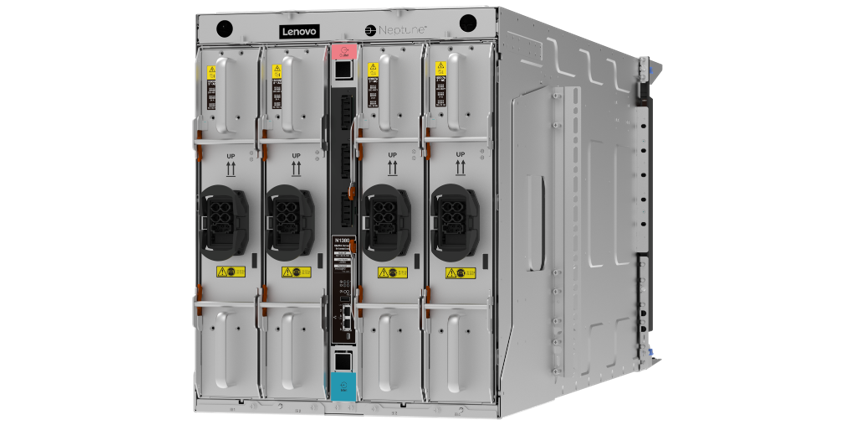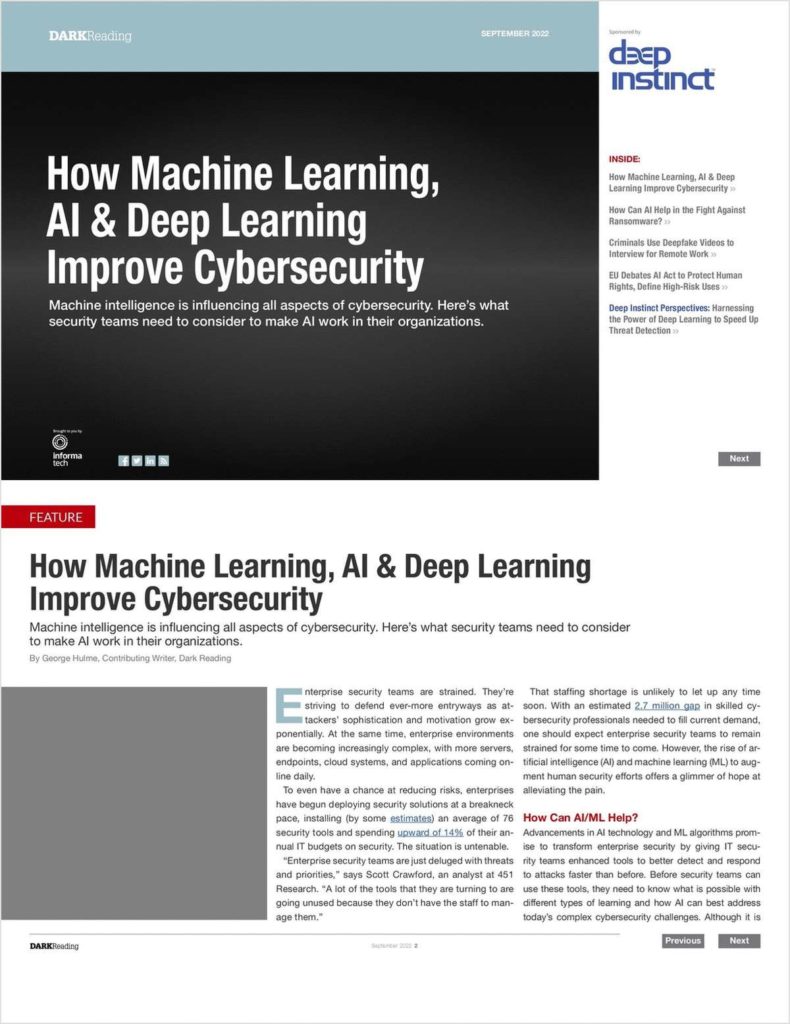 Five up-and-coming networking experts have been selected to take part in the Women in IT Networking at SC (WINS) program. The women, all early- to mid-career networking and computer professionals, will receive full travel support to participate in the design, construction, and management of one of the largest networks in the world at the annual SC conference this November in Austin, TX (USA).
Five up-and-coming networking experts have been selected to take part in the Women in IT Networking at SC (WINS) program. The women, all early- to mid-career networking and computer professionals, will receive full travel support to participate in the design, construction, and management of one of the largest networks in the world at the annual SC conference this November in Austin, TX (USA).
“The WINS program is designed to address the gender gap we see in computer networking, especially at the high-end,” commented Marla Meehl, the principal investigator for the project and a manager in the Computational and Information Systems Laboratory of the University Corporation for Atmospheric Research (UCAR). Bureau of Labor Statistics in 2014 placed the percentage of women working as network architects at just 12.4 percent nationally, less than half the figure reported for “computer and mathematical occupations” overall.
The women selected to take part in this program will be funded to take part in creating and managing SCinet. Created each year for the SC conference, SCinet brings to life a very high-capacity network – exceeding one Terabit per second of capacity – that supports the revolutionary applications and experiments that are a hallmark of the SC, the world’s largest supercomputing conference. The network is built by volunteers from academia, government and industry using millions of dollars in donated equipment and services. Planning begins more than a year in advance of each SC conference, and culminates in a high-intensity installation in the days leading up to the conference. The network is then dismantled at the end of conference week.
The inaugural awardees come from a variety of backgrounds, though they all share a desire to sharpen their skills and resumes, on one of the fastest networks in the world. Kathy West, a native of South Korea currently working in Enterprise Systems at the Indiana University of Pennsylvania (IUP), has worked all over the world in desktop and server management, modeling and simulation, and information assurance. “Although I’ve worked in many areas of computing,” says West, “I have little direct experience in the types of high-performance computer networking that are important to supercomputing centers. [SCinet] is a great opportunity to learn with hands-on experience from the best networking experts in the world.”
Debbie Fligor, of the University of Illinois at Urbana-Champaign, says SC is an ideal place to build the skills she needs for work, and the WINS program is the only reason she is able to go. A change at the university has made responsibility for HPC networks a joint responsibility with the National Center for Supercomputing Applications (NCSA) and, while Fligor has experience in general campus networks, she has little experience with networks for high performance computing. “It’s hard to get an invitation to the [SCinet] routing team, and it’s been hard to get the budget (both time off and money) to attend as well,” observes Fligor. “The grant helped tremendously with the invitation and the budget, and the mentoring aspect made it easier to justify the time with my manager.”
For the University of Michigan’s Amy Liebowitz, SCinet offers a unique place to learn about performance measurement for high capacity networks. “Over the past year or so we have implemented 100G links between our HPC node, our main campus data center, and Internet2,” says Leibowitz. “Our high performance network hardware is relatively new, and my experience configuring and troubleshooting with it is relatively limited. SCinet is one of the few places where I can learn from the people who already work at this scale, and take those skills home with me.”
Megan Sorensen, a network administrator from Idaho State University, is coming to learn about a different aspect of SCinet’s capabilities, the wireless infrastructure. SCinet provides wireless services to the 10,000 people who attend SC each year, maintaining a high level of service and availability despite having thousands of simultaneous connections in a very small footprint. Sorensen says she’s taking part in SCinet precisely to take advantage of these characteristics of the network. “I will greatly benefit from strengthening my knowledge in areas such as large-scale high-density wireless networks; saturation levels; signal-to-noise ratio as well as wide-area and local area networking. SCinet offers an ideal platform to learn about networking in a context that is all about performance.”
Sana Bellamine, a networking engineer from the Corporation for Education Network Initiatives in California (CENIC), agrees that SCinet offers a unique learning opportunity. Although she’s never attended SC, she has provided engineering support for CENIC customers who were doing demonstrations on the exhibit floor at the conference using SCinet. “I was impressed by the amount of aggregate bandwidth going into the SCinet floor,” says Bellamine, “and very interested in learning how this much bandwidth is managed and how the SCinet support team meets the performance levels required for these high-end demos.” Bellamine hopes to apply what she learns through her participation to ensuring that the network performance goals of CENIC customers are met, and that they get the performance they need to accomplish their research goals. “I believe improving my skills in the area of performance testing and measurements will be beneficial to CENIC since our 100GE customer base is growing fast.”
Although they all have different goals for their participation in SCinet, all the women say that they are looking forward to building professional networks that include other women in their field. “At most of the places that I worked as a computer professional, I was the only female technician/engineer in our team, and many times I had to work extra hard to prove what I could do,” says IUP’s Kathy West of her career so far. “I personally believe that building teams with diverse backgrounds, genders, personalities, ages, and so on definitely benefits the organization by bringing a variety of perspectives to the problem-solving process.”
The WINS team, composed of Marla Meehl (UCAR), Mary Hester (ESnet), Wendy Huntoon (KINBER), Lauren Rotman (ESnet), and Jason Zurawski (ESnet), will meet with the awardees during SC15, and working with them on SCinet. The WINS team also hopes to work with SC and NSF to continue and expand this program next year at SC16 in Salt Lake City, UT (USA).
See our complete coverage of SC15 * Sign up for our insideHPC Newsletter



